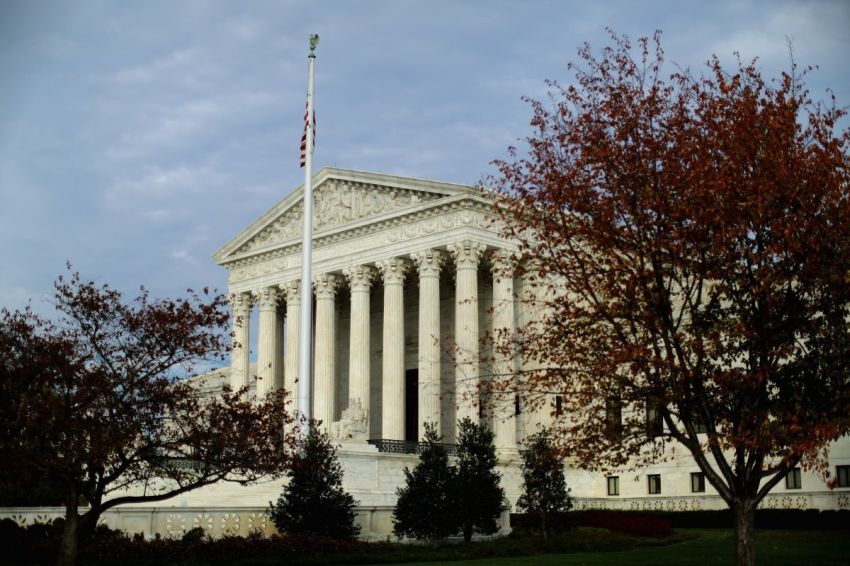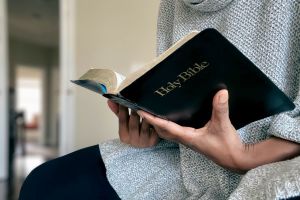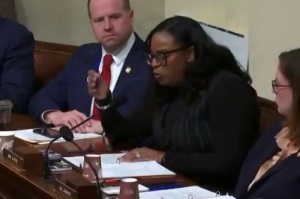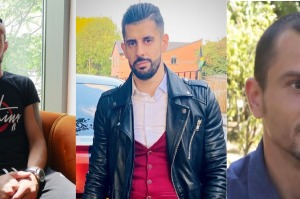'Disturbing' trend in lower courts circumvents Supreme Court religious freedom protections: lawyer

A lawyer for a religious freedom legal organization is warning of a "disturbing trend" of lower courts seeking to circumvent U.S. Supreme Court precedent protecting religious plaintiffs' right to free exercise under the First Amendment that has implications for religious charities and parental and conscience rights.
In a thread posted to X last week, Eric Rassbach of the Becket Fund for Religious Liberty elaborated on what he described as a "disturbing trend in the Free Exercise jurisprudence in the lower courts that is now affecting the casestream coming before" the Supreme Court. He specified four cases that his organization is trying to get the nation's high court to take on in the next year.
According to Rassbach, the Supreme Court has "issued decisions that have made it harder for defendant governments to evade liability under the Free Exercise Clause" over the past 10 years. But he says some lower courts "have compensated by putting pressure on other parts of the Free Exercise Clause test to continue ruling against religious plaintiffs."
For example, the lawyer cited the Apache Stronghold case as one instance where "the lower courts evaded the main Free Exercise balancing test by claiming that the religious plaintiffs have not experienced any burden at all on their religious exercise."
The case centers on a group of Native Americans seeking to prevent the sale of Oak Flat, a federally owned plot of land that they view as a sacred religious site, to a mining company. According to Rassbach, "the Ninth Circuit said that completely destroying a Western Apache sacred site — and thus ending certain site-specific rituals forever — was no burden at all on the Apaches' religious exercise."
Rassbach detailed how similar analysis was in play in the Mahmoud v. McKnight case, where "the Fourth Circuit said Muslim, Jewish, and Christian parents had no burden on their religious exercise where [Montgomery County, Maryland] public schools ended a procedure that let them opt their elementary-age kids out from sexually-themed readings and discussions."
Rassbach maintained that "in both cases, the lower courts proved deaf to the concerns of religious minorities, telling them that the obvious burdens they were experiencing were simply not cognizable in law."
He cited the Catholic Charities v. Wisconsin case as one of two cases where "the lower courts acknowledged the burden on religious exercise but said that the religious plaintiffs were nevertheless not the *right sort* of the religious plaintiff." In that case, the state and lower court ruled that Catholic Charities doesn't serve a religious purpose and doesn't qualify for tax exemption even though a Catholic diocese controls it.
Rassbach highlighted a lower court ruling in the Diocese of Albany v. New York, outlining how, in this case, "the New York Court of Appeals said that religious entities — including an order of nuns — did not qualify for an exemption designed to protect church entities from a state abortion insurance mandate."
"Curiously, in both cases the state supreme courts relied on distinctions developed in *federal* tax law to determine that the plaintiffs, though religious, were not quite religious enough or not religious in the right way," he said.
After warning that "lower courts resist these common sense conclusions because they don't like the outcomes (or perhaps the litigants)," Rassbach expressed hope that the U.S. Supreme Court will reverse the lower court decisions.
In an interview, Rassbach told The Christian Post that they would most likely hear whether the Supreme Court plans to take on these cases by December or January. All four have "pending cert petitions."
"It's been a while since the Supreme Court's had a religion case," Rassbach said. "The whole last term, there were no religion cases, and so I think these cases present a perfect opportunity to … kind of right the ship amongst the lower courts. … It's a really good opportunity for the court."
"If the court says 'look, you can't just sort of … pretend that a religious organization's not religious or you can't … pretend that they're not suffering a pretty enormous burden, then I think … the lower courts will have to do the balancing test that the Free Exercise [Clause] demands and … really apply the law. Right now, it's kind of dodging the main … tests that one uses in this area," he concluded.
Ryan Foley is a reporter for The Christian Post. He can be reached at: ryan.foley@christianpost.com



























